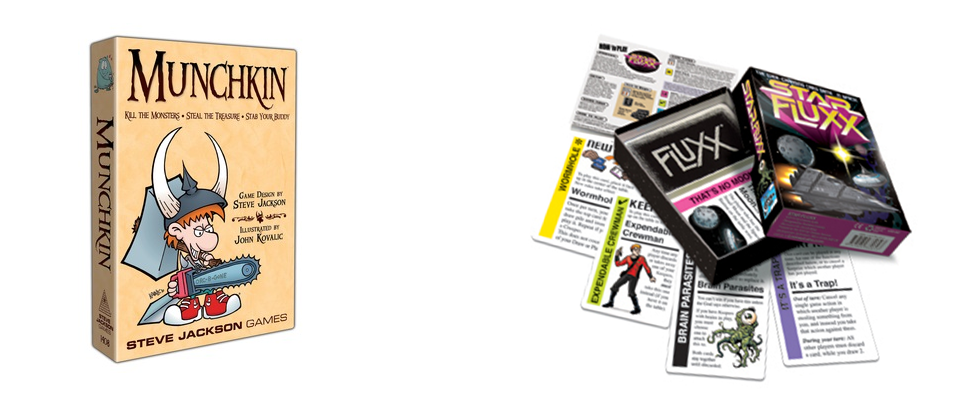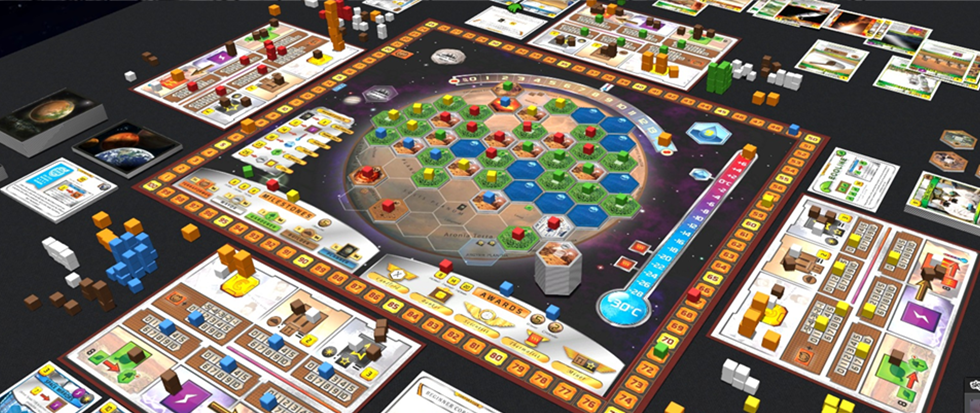
Breaking the Rules
Rules form the skeleton of what a game is and can be, a foundation for its identity. And yet we only truly discover its identity when we try to test the limits of these rules, attempting to eek out a sliver of advantage as we vie to best our opponents. But what happens when a game breaks its own rules left and right? That depends on how the approach.
You may have heard of the “Golden Rule” in many board games, which states that all rules in the rulebook are to be followed unless a component says otherwise. Not every game has rule modifiers in them, but most give you a card, tile, or other signifier that essentially lets you “break” the game’s rules. The advantage of this is variability, a greater chance at a game with a slightly different texture than the last one. Magic: the Gathering creator Richard Garfield even spoke on the value of variability and randomness in his talk “Luck in Games”.
Do this too much, though, and the texture of your game suddenly feels all over the place. The most extreme example of this is Fluxx, which is a game whose gimmick is that the rules are constantly changing with every card played, which creates a gamespace where chaos reigns. Both Fluxx and Munchkin, another popular game where you can modify the game state at will, sell themselves on madcap chaos, but the inherent randomness makes it very hard to have control over anything as you watch one rule change after another fly by. When a game breaks its rules, there should still be a strong foundation of the core rules still intact, which Fluxx emphatically fails to do.

For game variability done right, look no further than Cosmic Encounter, one of the most beloved board games ever made thanks in no small part to the many, many different ways you can play the game. At the beginning of the game, you choose an alien race to play as, each of which have a special power that breaks the rules of the game. And we’re not talking just a little bit here. One of the aliens let you turn your planets into ships, while another lets you marry players, divorce them, and collect alimony. There’s even one that lets a player declare that winners lose and losers win, a simple yet wild wrinkle in a game full of wild wrinkles.
And yet the base rules themselves stay steadfast, grounding the game when it threatens to careen away from players. Cosmic Encounter is ultimately about two basic things: getting bigger numbers and making alliances. Every encounter you do against someone lets both sides call allies to bolster each other’s numbers, letting them get one step closer to victory along with you – you can even win together, a key provision for making alliances work the way they should. There are other little rules here and there, but these two aspects make up the core of the gameplay, which allows Cosmic Encounter to overlay all these wild powers on top of them without making the game too random or chaotic.
Variability is key to adding variety to board games. A rock-solid ruleset is what allows Cosmic Encounter to continually remix itself into wildly different games each time without taking players’ feeling of agency away from them. In the face of such a masterful balance of variety and stability, randomness for the sake of randomness is a curio best put back on the shelf.





